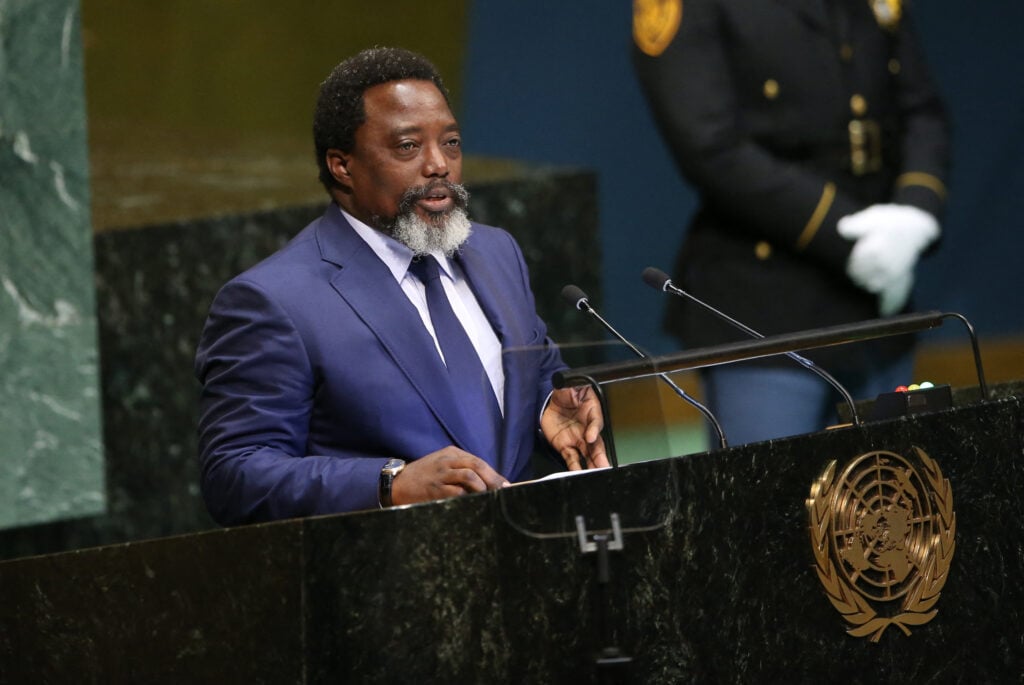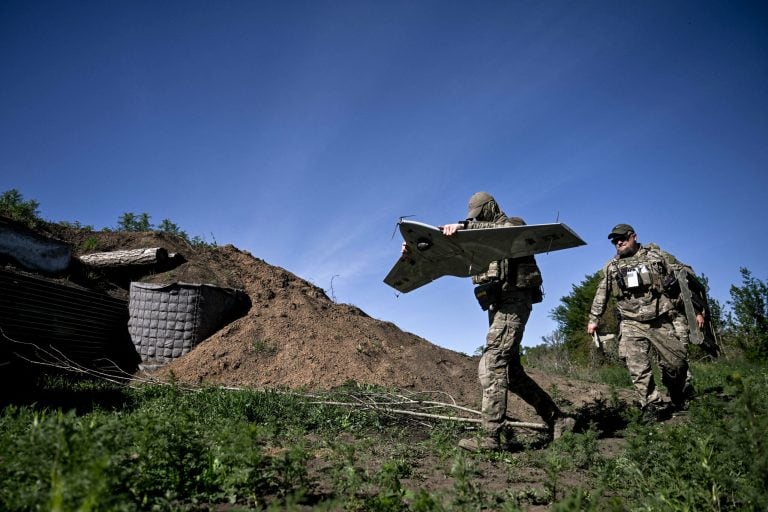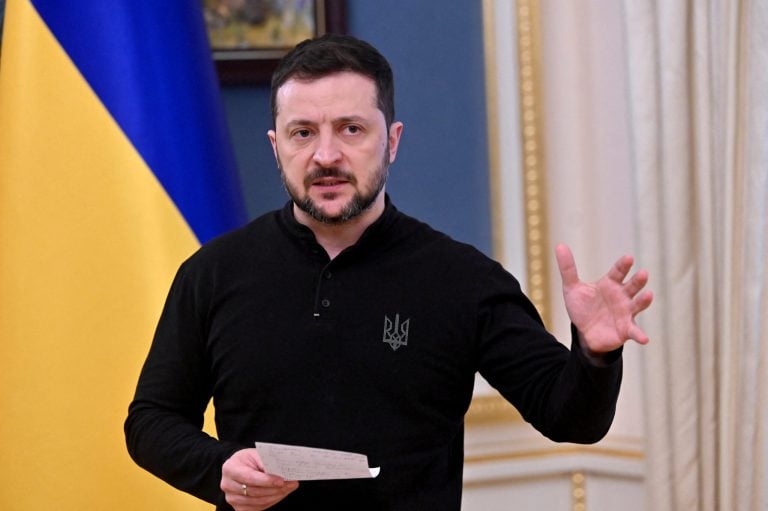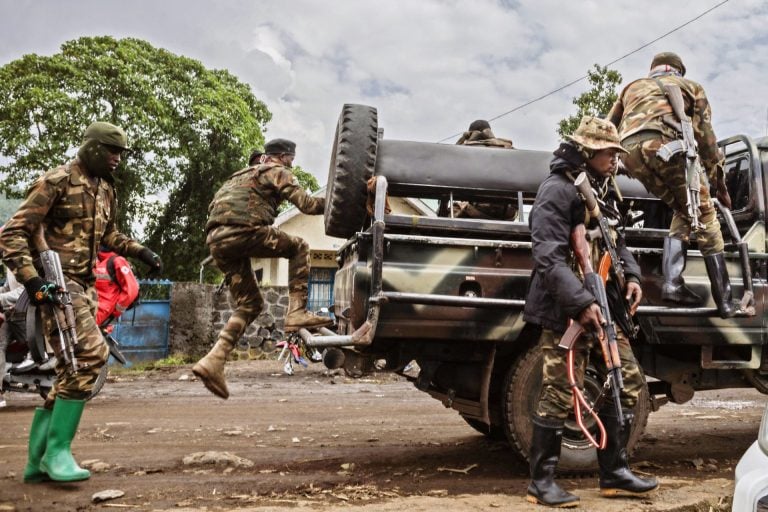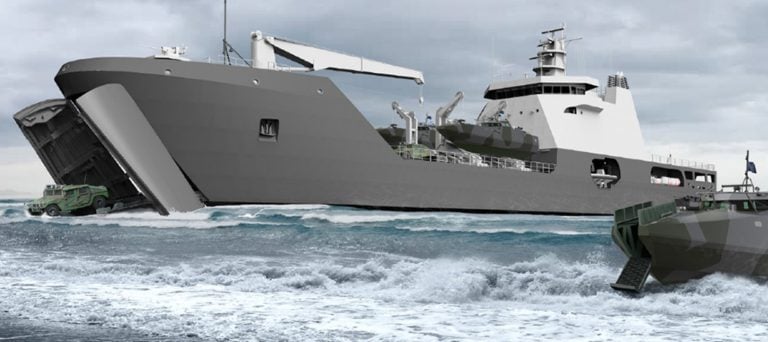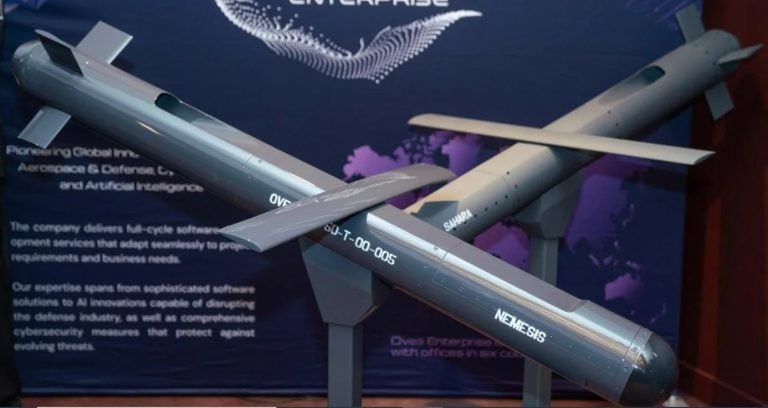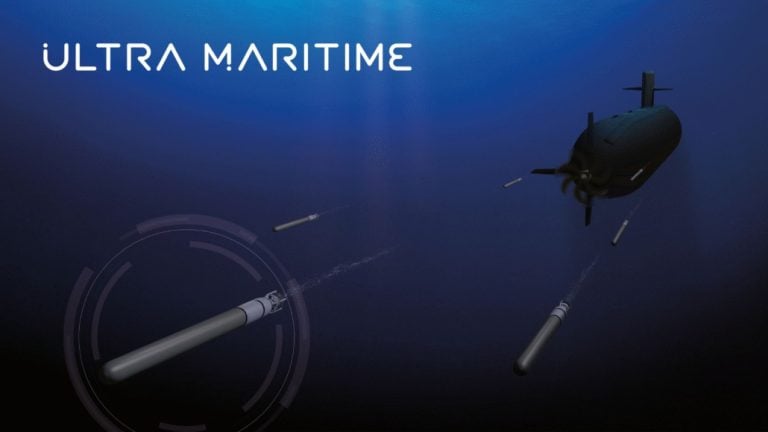Ex-president Joseph Kabila made his first public appearance since returning to the Democratic Republic of Congo, showcasing a striking presence in Goma, an eastern city that has been gripped by turmoil due to the M23 militia’s aggressive incursions. The M23, which is reportedly backed by Rwanda, has captured significant parts of the resource-rich eastern region, and the Congolese government has accused Kabila of orchestrating this offensive.
Kabila’s return has fueled speculation and intensified ongoing political tensions, particularly as he faces potential treason charges linked to his alleged support for the M23. Current President Felix Tshisekedi has blamed Kabila for the resurgence of violence in the area, labeling him as the intellectual architect behind the militia’s actions.
During his visit, Kabila met with local religious leaders alongside Lawrence Kanyuka, the M23’s spokesperson. Observers noted that Kabila, appearing visibly relaxed and dressed in a dark suit without his usual beard, made no public statements during the encounter. However, access to the meeting was tightly controlled by M23 fighters in conjunction with his own security team.
A member of Kabila’s inner circle suggested that while there is no formal alliance between Kabila’s party and the M23, both parties share a common objective: the removal of Tshisekedi from power. The timing of Kabila’s visit comes amidst warnings from the ruling party, urging him to refrain from interfering in the country’s affairs, especially as the DRC engages in negotiations with the United States and Rwanda aimed at restoring peace and stability.
Kabila’s entourage indicated that he plans to consult traditional leaders and civil society representatives in the coming days before delivering a significant address. According to Bishop Joel Amurani, who participated in discussions with Kabila, the former president’s primary desire is to see peace restored in the tumultuous region.
The eastern DRC has faced decades of conflict, exacerbated by the resurgence of the M23 militia since 2021. Their recent military successes have enabled them to seize key cities such as Goma and Bukavu, raising concerns over their intentions for long-term governance in occupied territories.
Before Kabila’s return, his supporters had remained tight-lipped about his location, even as the government took stark measures against him by suspending his party and conducting raids on his properties. The justice ministry has accused him of collaborating with the militia and has referred his case for military court proceedings, pushing for the Senate to lift his parliamentary immunity. That vote, which occurred against a backdrop of overwhelming support for Tshisekedi’s coalition, has now cleared the way for a potential treason trial where Kabila could face serious charges, including war crimes and crimes against humanity.
Following the lifting of his immunity, Kabila condemned the Congolese authorities’ actions as arbitrary, criticizing Tshisekedi for alleged incompetence and authoritarianism in governance. He expressed his intention to undertake a mission to Goma to foster peace and mediate an end to hostilities.
The prosecutor’s case against Kabila heavily relies on testimonies from opposition figures, one of whom alleges that Kabila had suggested a coup against Tshisekedi rather than an assassination. Given the gravity of these charges, Kabila could potentially face the death penalty, especially following the lifting of a moratorium on capital punishment in 2024, even though no executions have yet occurred.
